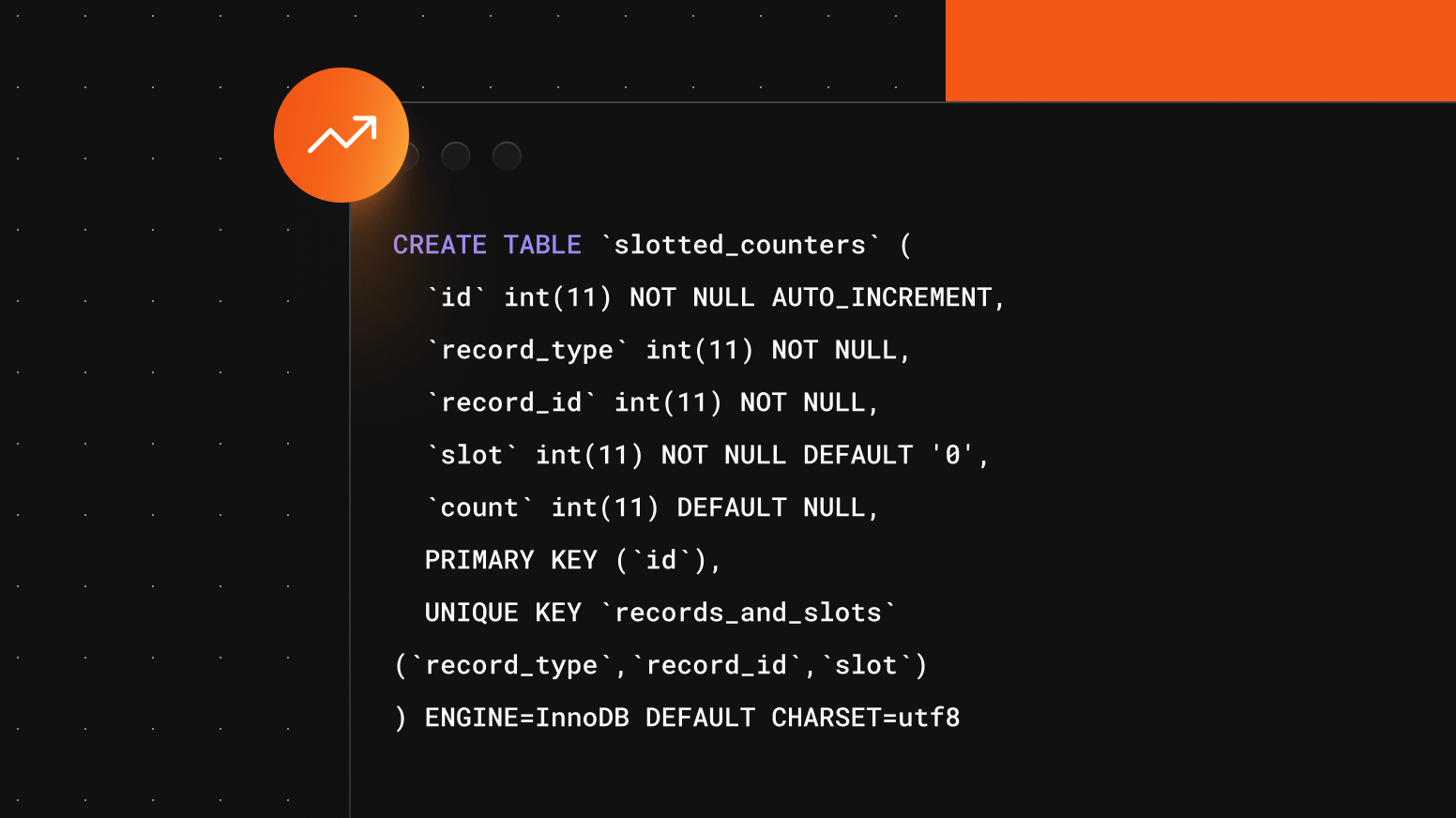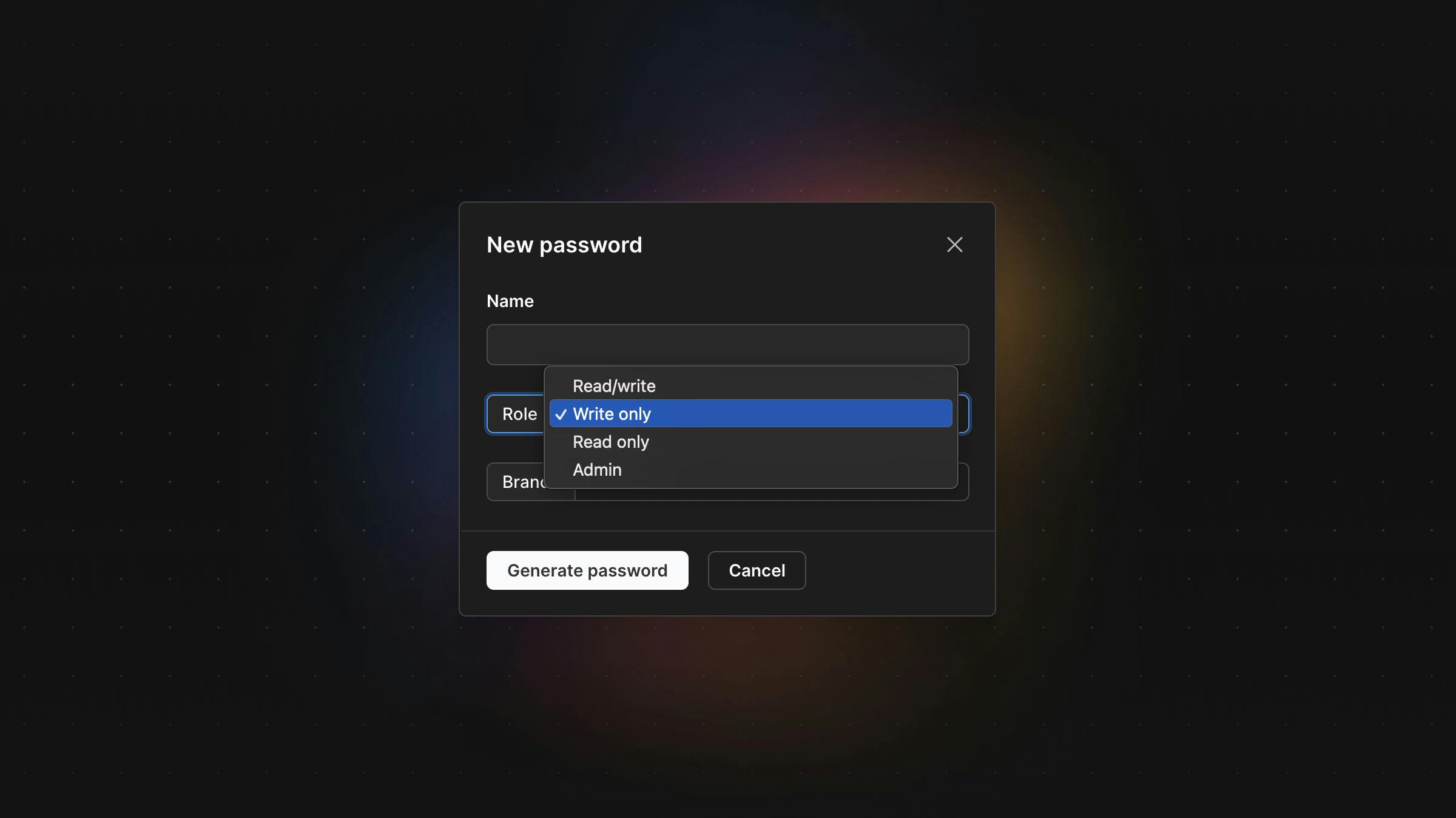
Behind the scenes: How we built Password Roles
Learn how we leveraged Vitess ACLs and VTTablet to build our password roles functionality

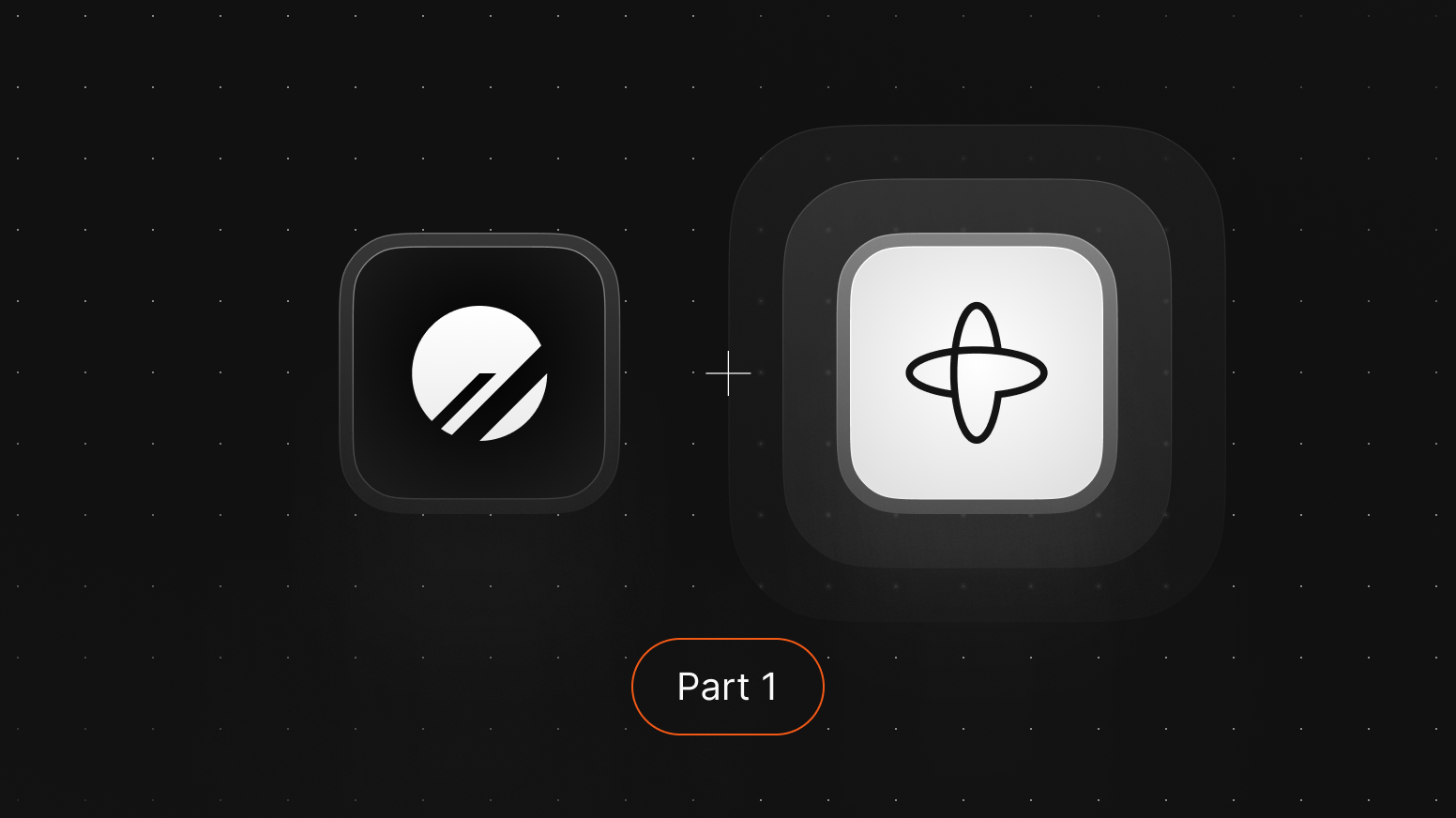
Temporal Workflows at scale with PlanetScale: Part 1
Learn how to create a more reliable workflow with Temporal and PlanetScale

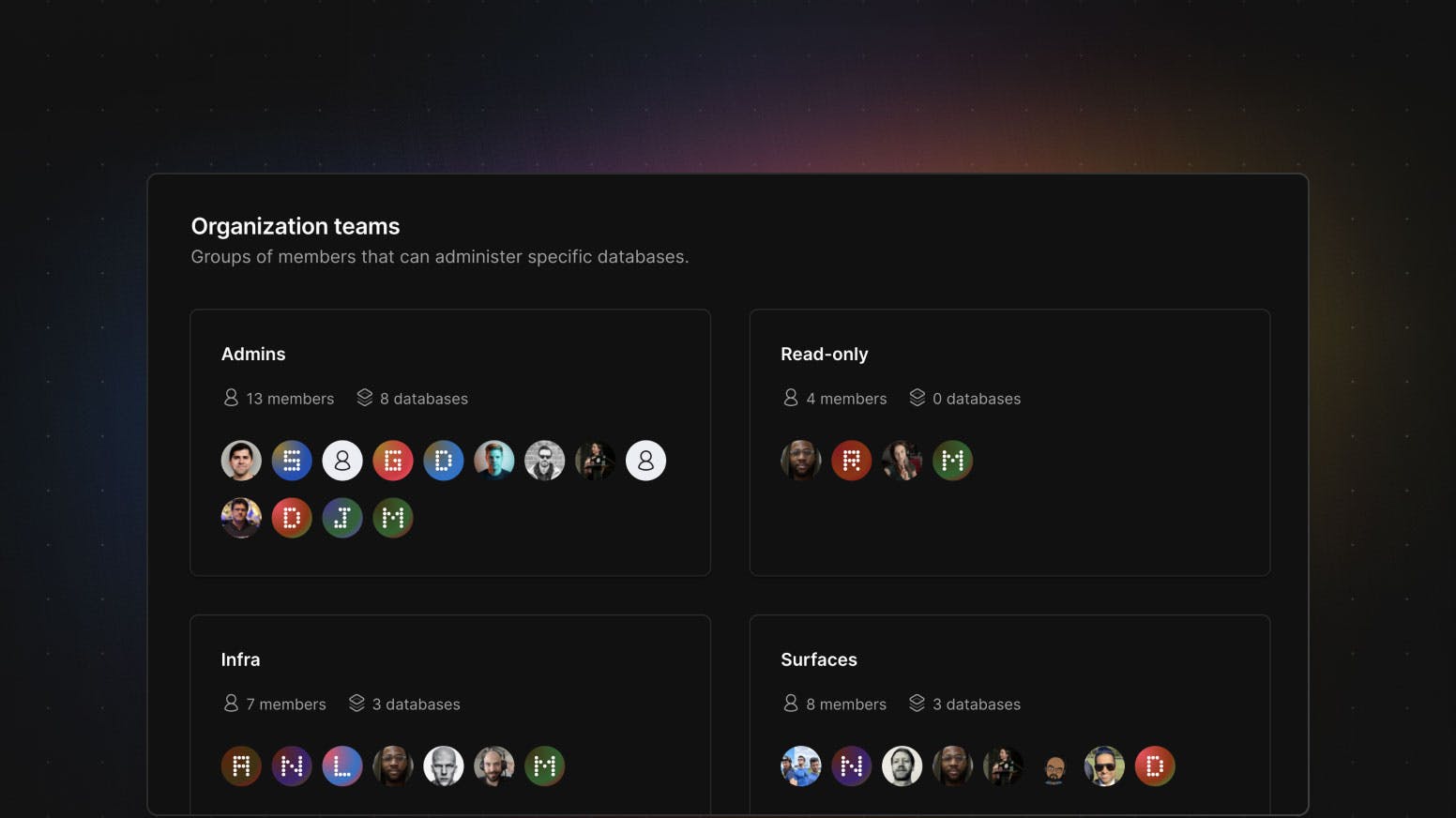
Announcing Teams: An easier way to manage database administrator access
Learn how you can manage database access with Teams and Directory Sync

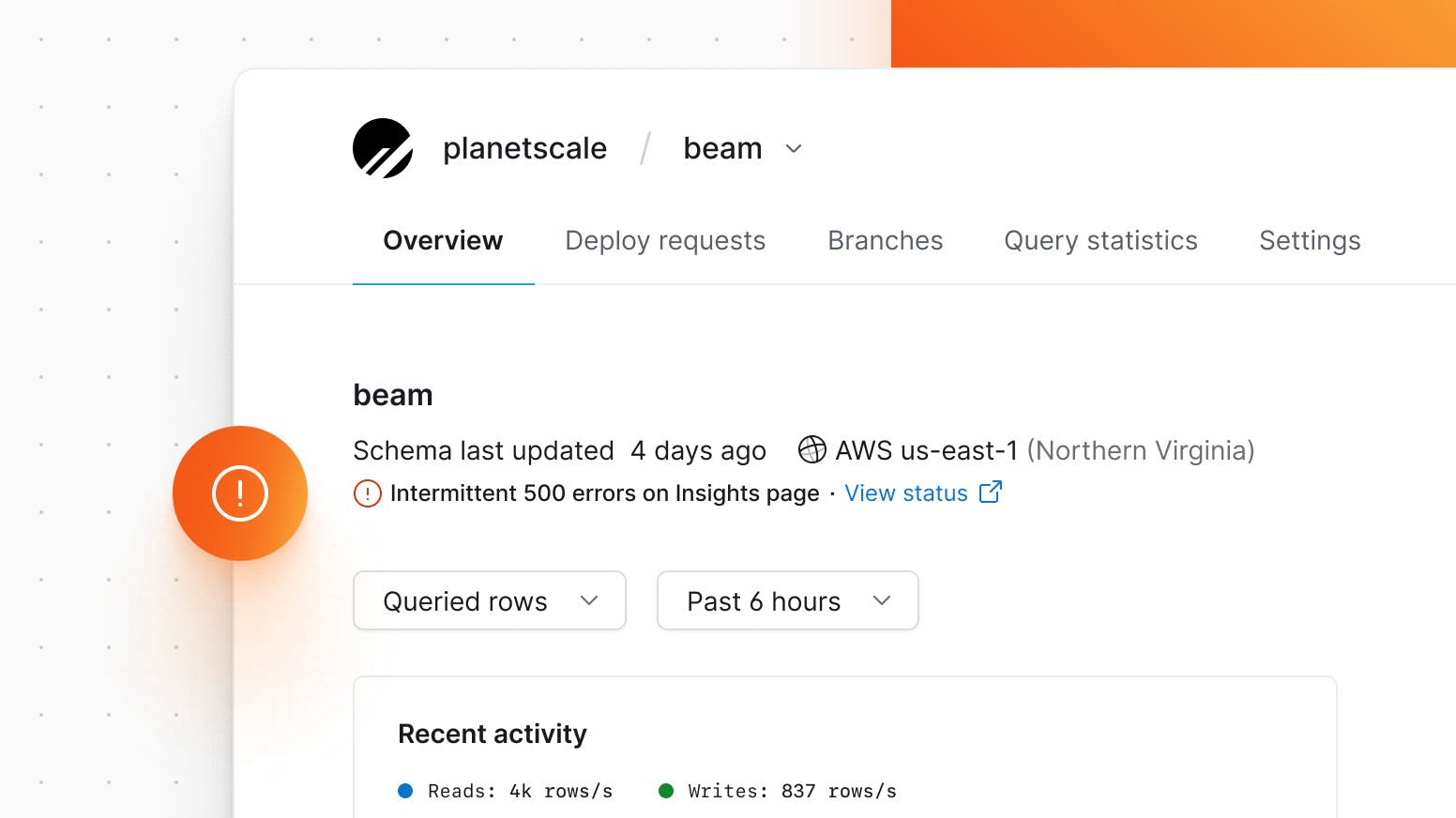
We now display PlanetScale system status directly in your dashboard
Learn about how we built the new in-app system status using Vercel edge functions and StatusPage

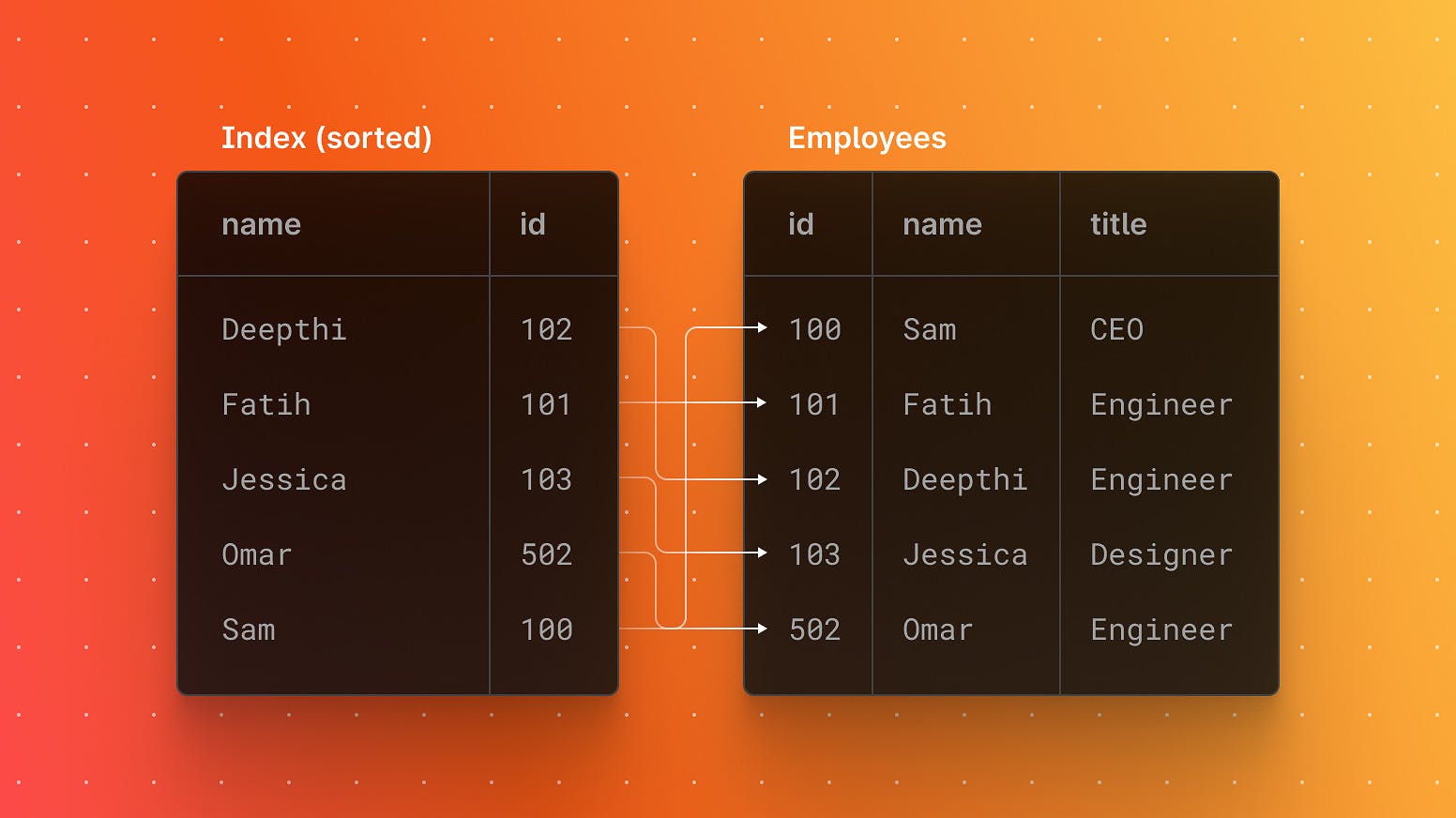
How do Database Indexes Work?
Learn how database indexes work under the hood and how they can be used to speed up queries

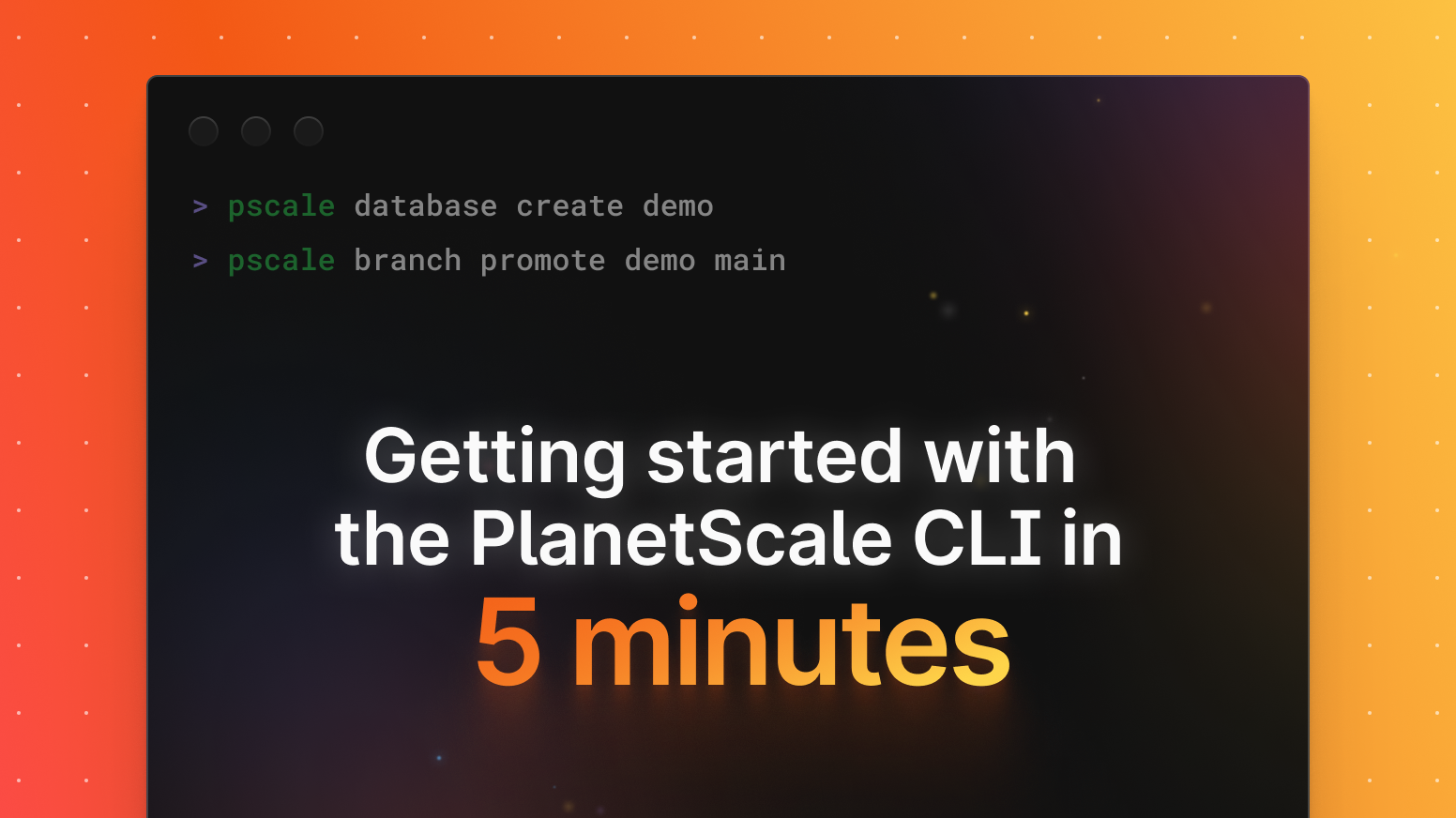
Getting started with the PlanetScale CLI
Learn how to quickly get up and running with the PlanetScale CLI.

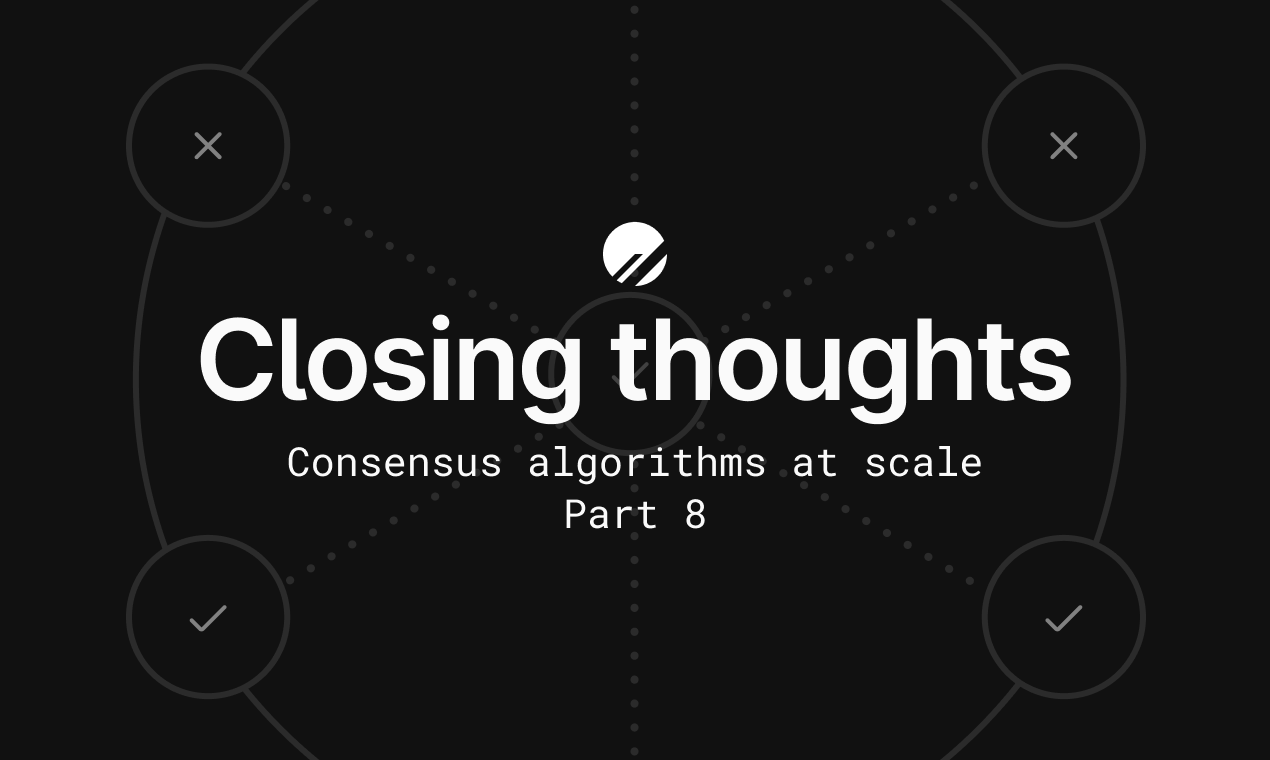
Consensus algorithms at scale: Part 8 - Closing thoughts
In the final installment of the consensus algorithm series we pull everything together with some final thoughts.

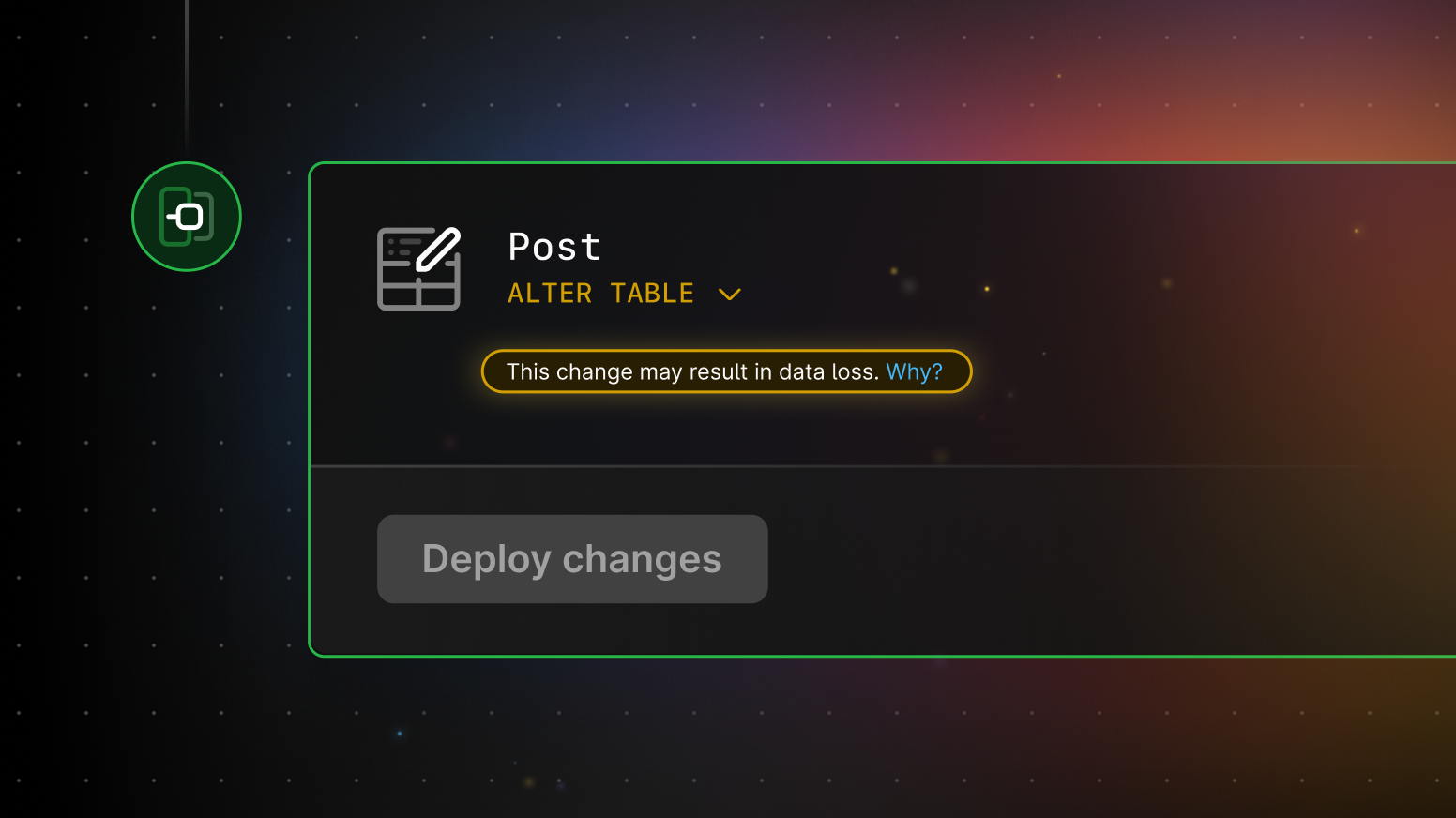
Deploy requests now alert on potential unwanted changes
We’ve updated our Deploy Request UI to alert when a schema change could produce unintended changes

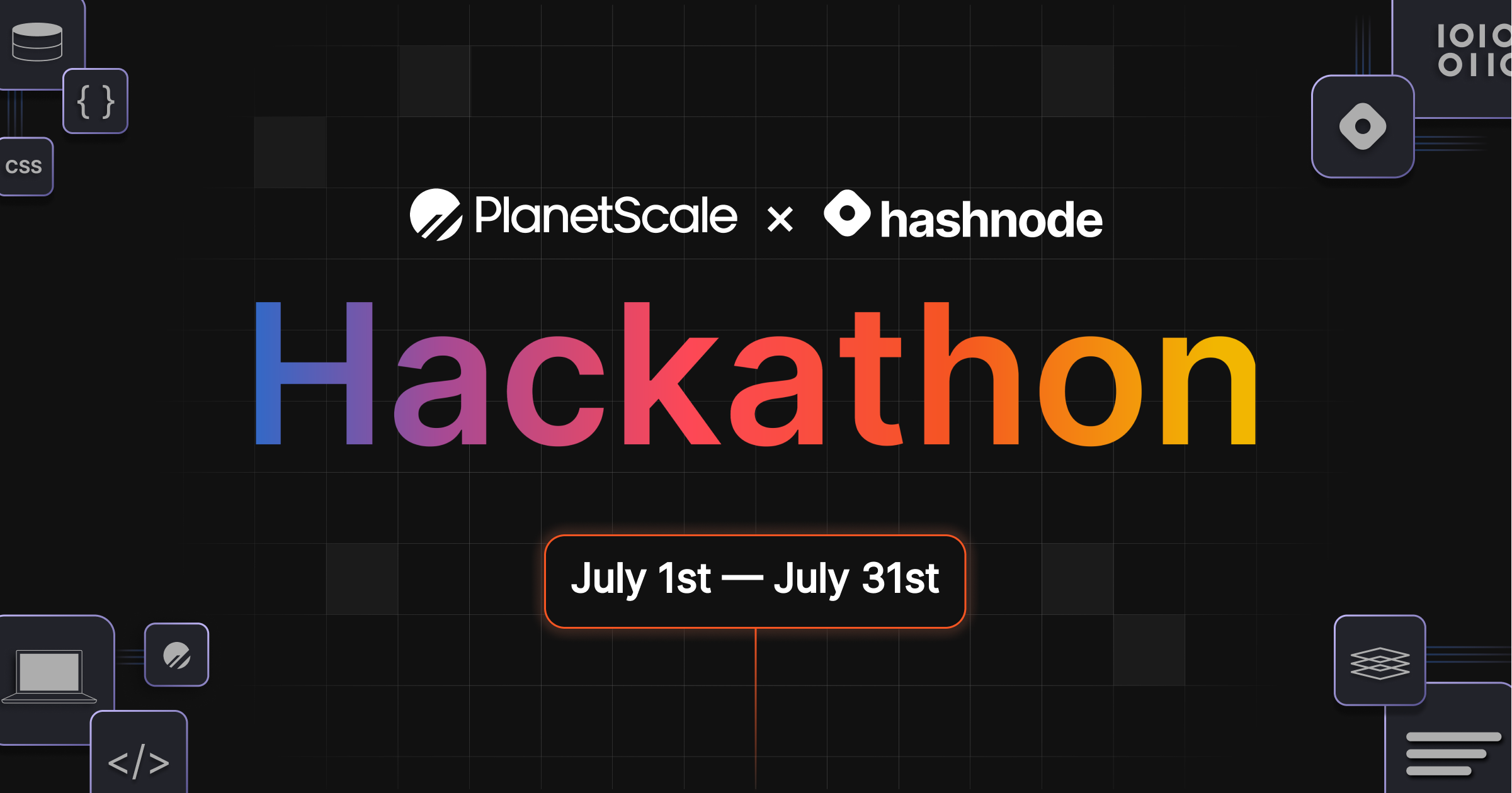
Announcing the PlanetScale and Hashnode July Hackathon
Build an open-source project and compete for $20 000 in prizes and swag!

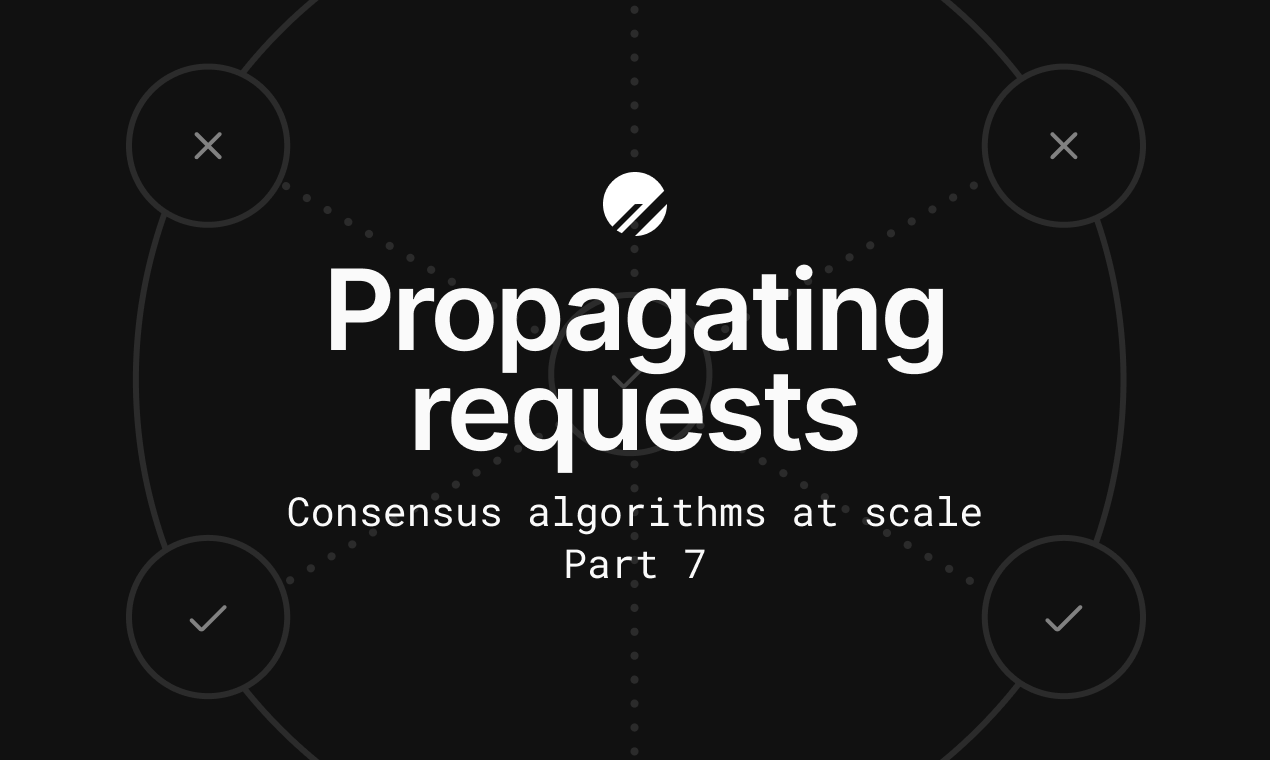
Consensus algorithms at scale: Part 7 - Propagating requests
In part 7 of the Consensus algorithm series we combine everything we’ve worked at to cover propagating requests

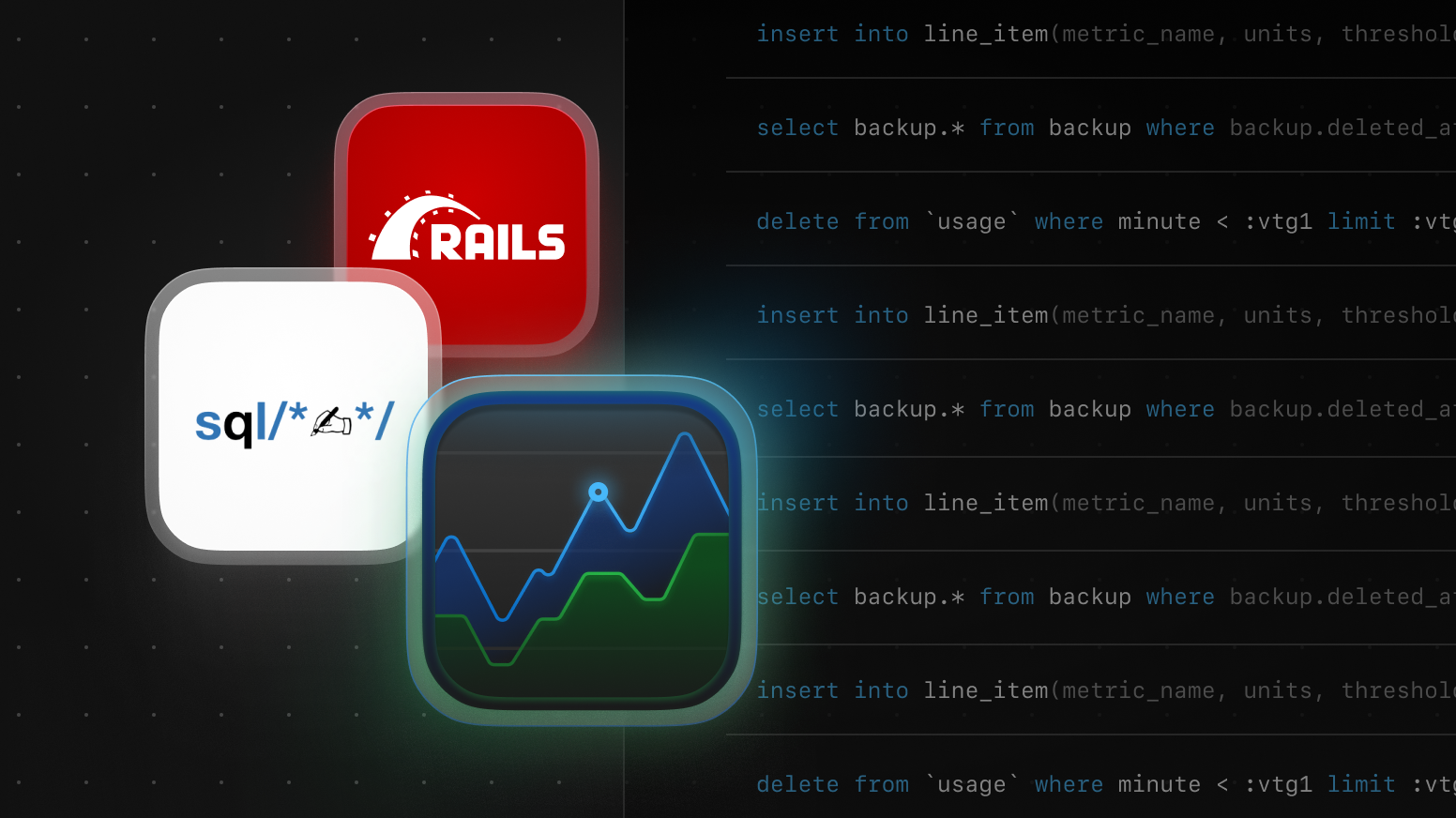
Identifying slow Rails queries with sqlcommenter
Learn how to use sqlcommenter with Rails


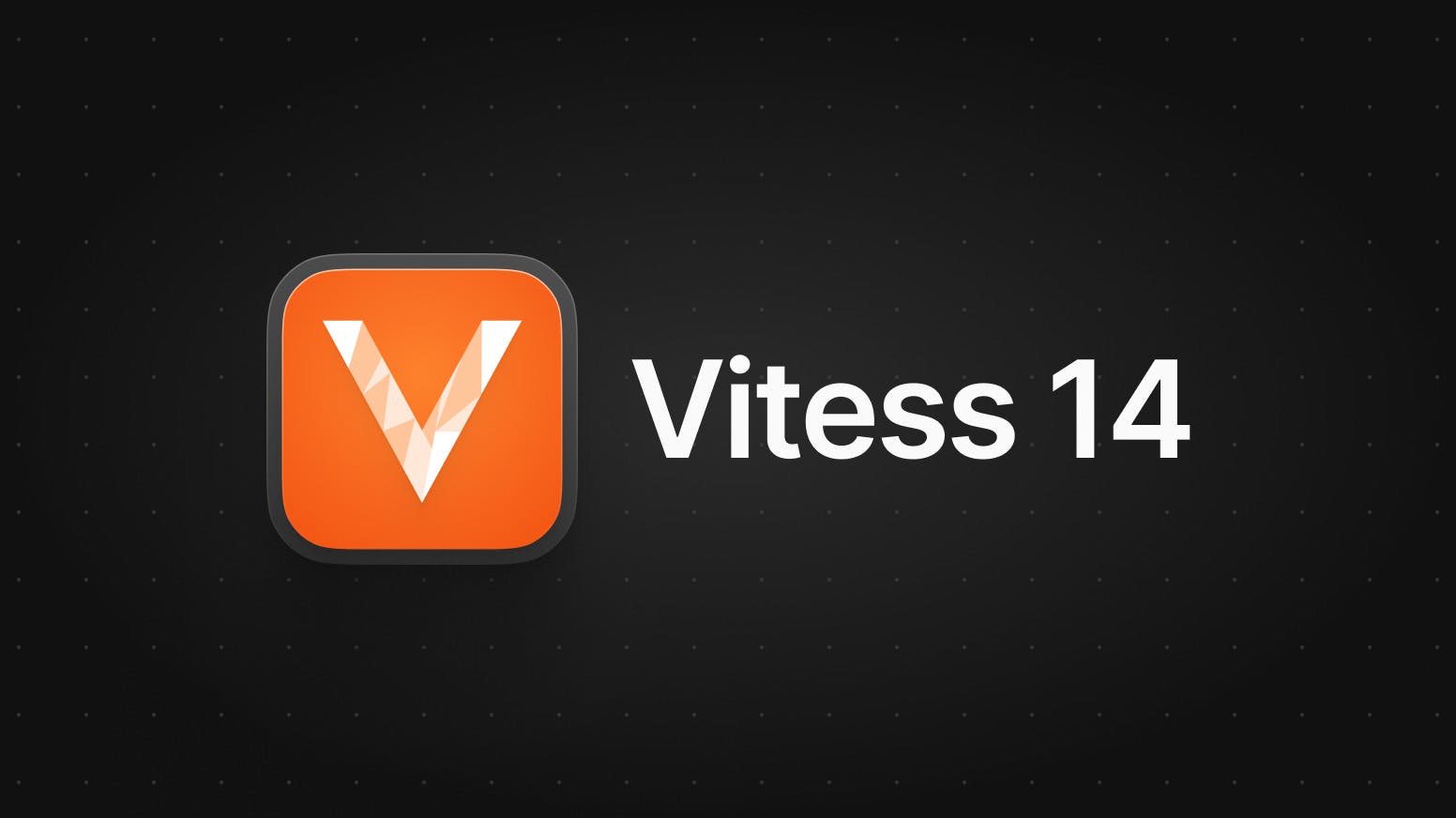
Announcing Vitess 14
Learn about what was just released in Vitess 14


Grouping and aggregations on Vitess
Vitess is a database proxy that creates an illusion of a single database when in reality the query is sent to multiple MySQL instances.

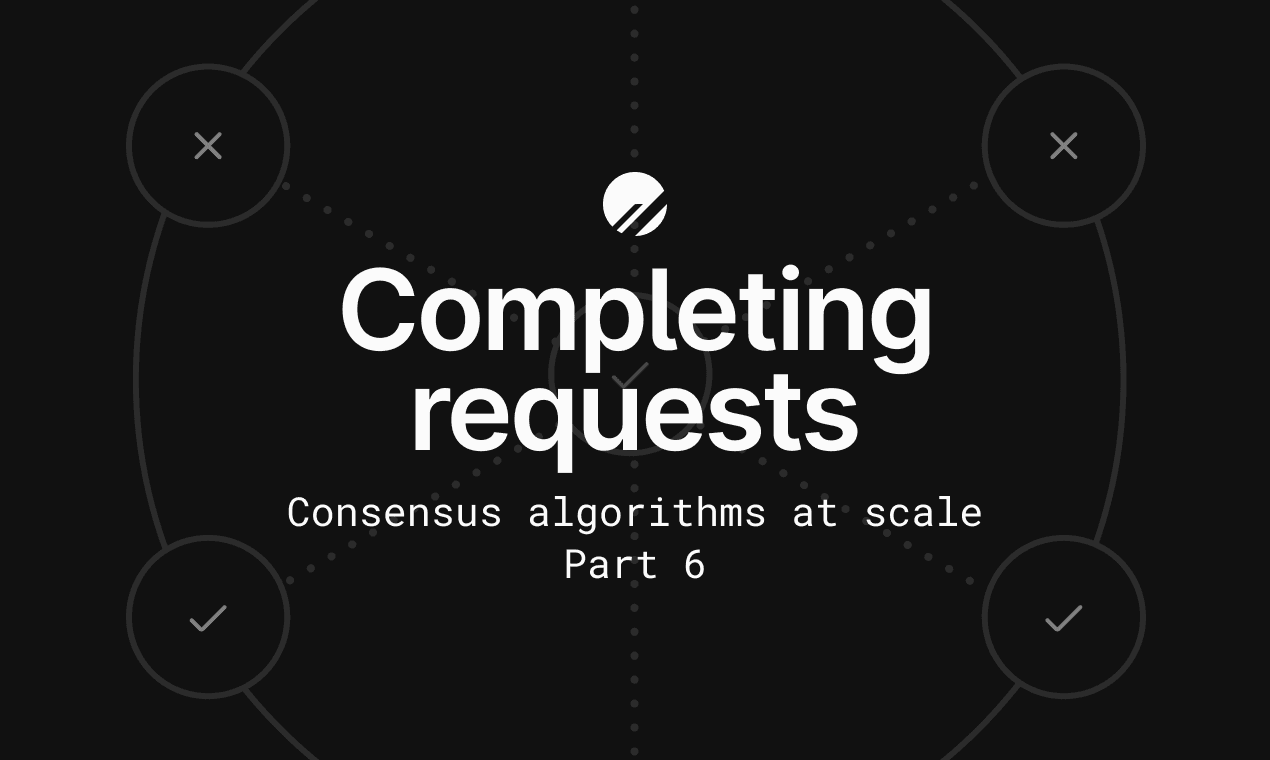
Consensus algorithms at scale: Part 6 - Completing requests
In part 6 of the Consensus algorithms series we look at how to handle request completions

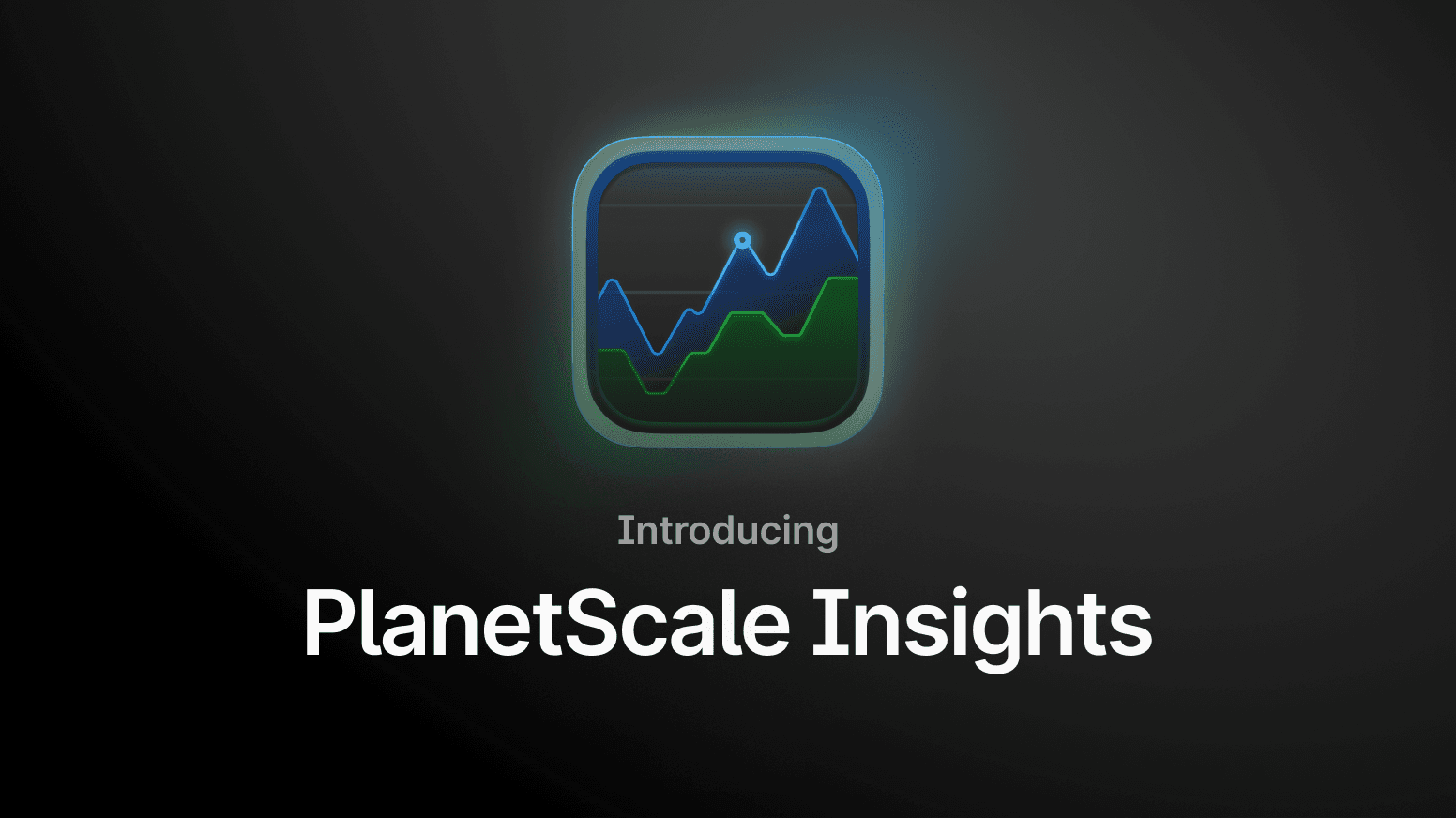
Introducing PlanetScale Insights: Advanced query monitoring
Insights gives you a faster way to debug and monitor your PlanetScale database queries

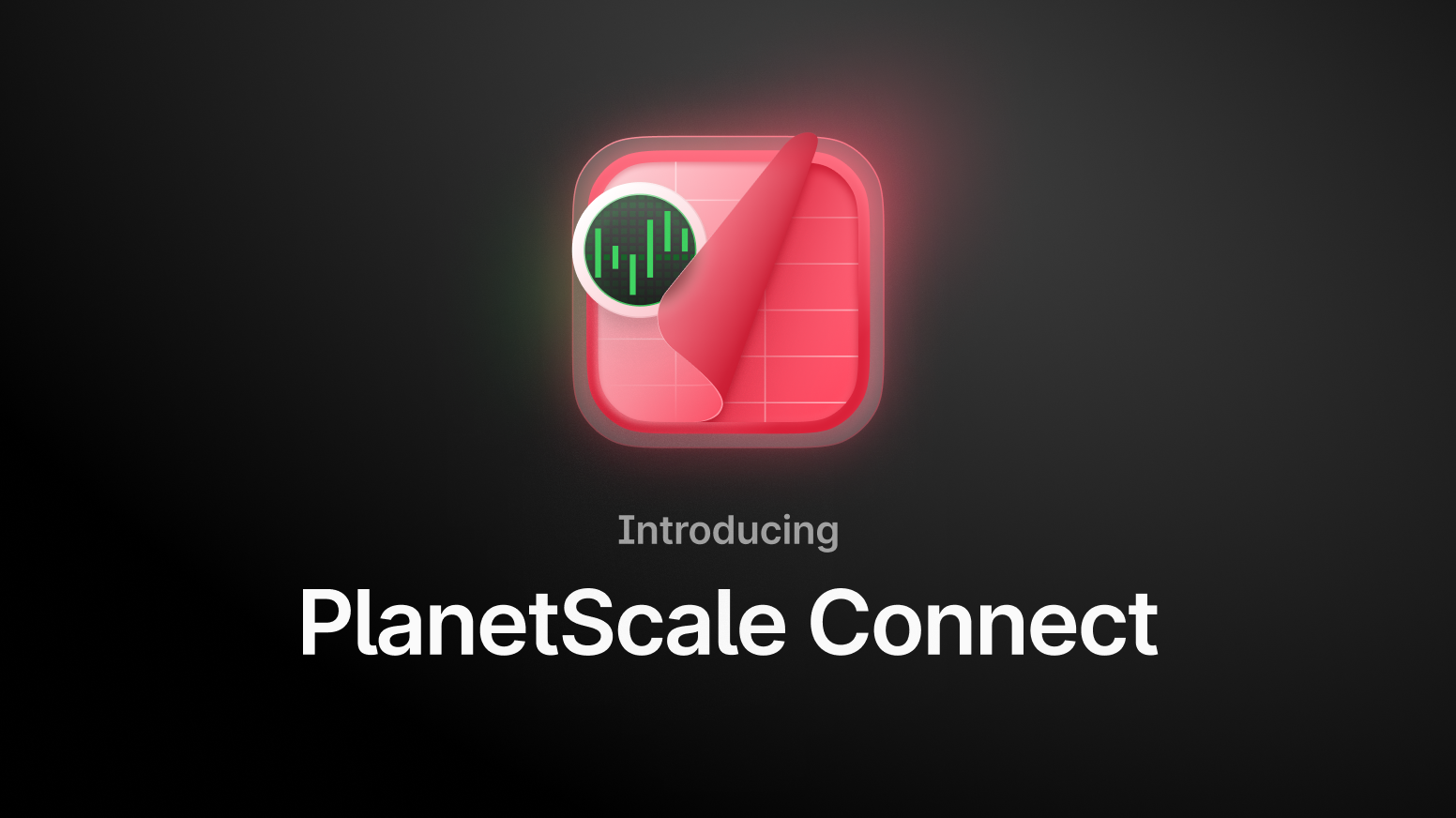
Extract, load, and transform your data with PlanetScale Connect
Use PlanetScale Connect to easily perform ELT (Extract, Load, Transform) actions on your data to fulfill your application needs.

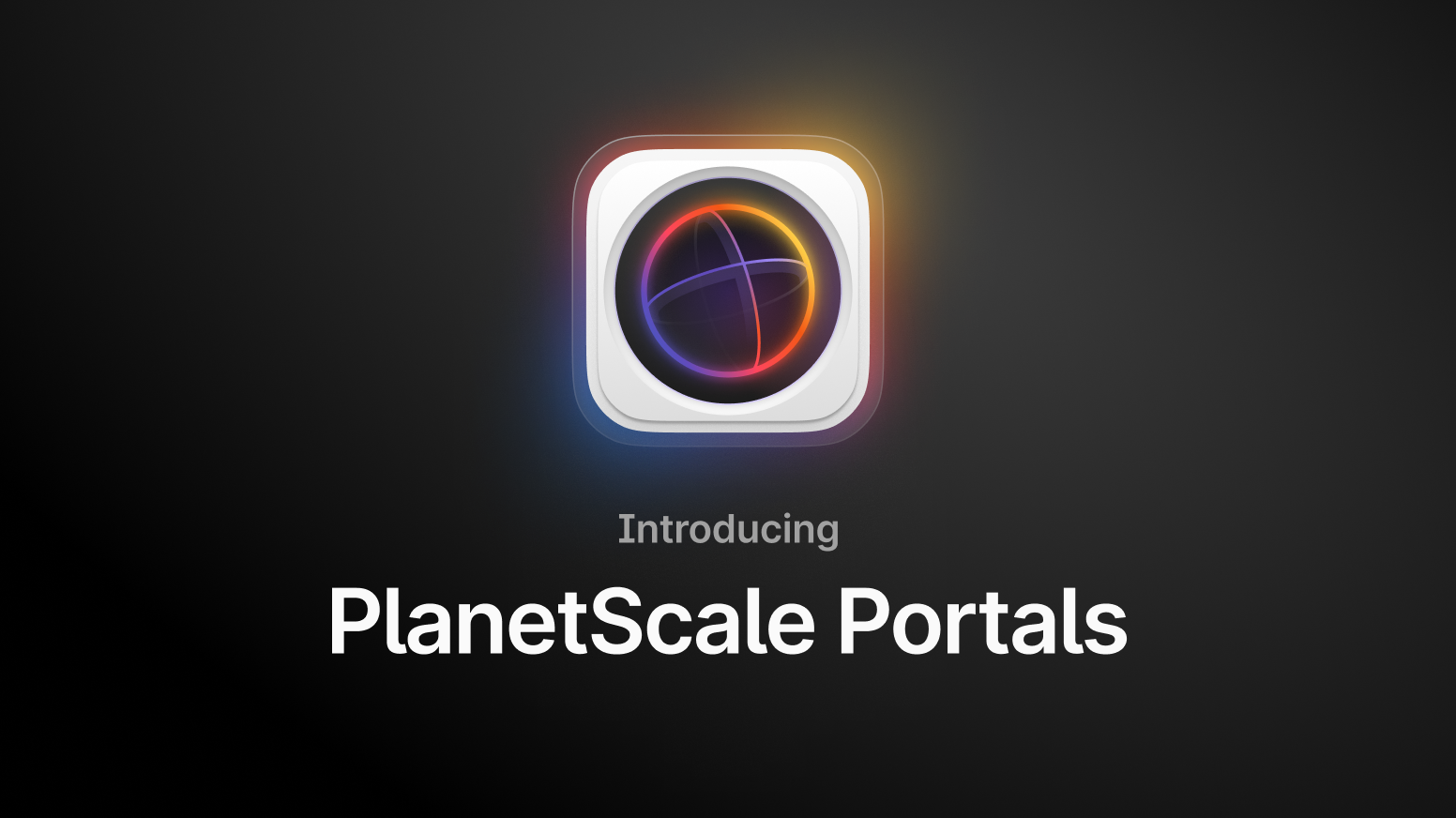
Introducing PlanetScale Portals: Read-only regions
Put your data where your users and applications are.


The operational relational schema paradigm
An exploration of the current landscape of schema change methodology and what the future should look like.

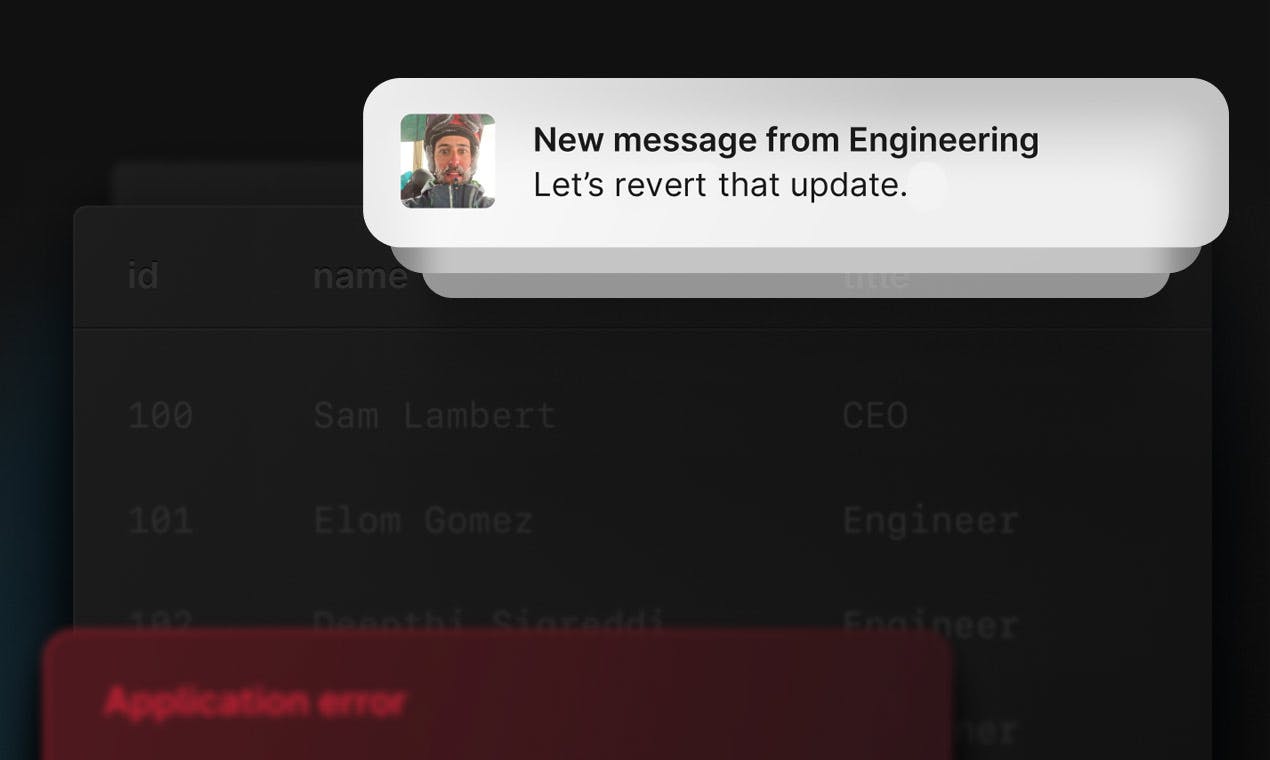
Feature storytelling with Framer Motion
Learn how we used Framer Motion to create our schema revert feature’s narrative animation.

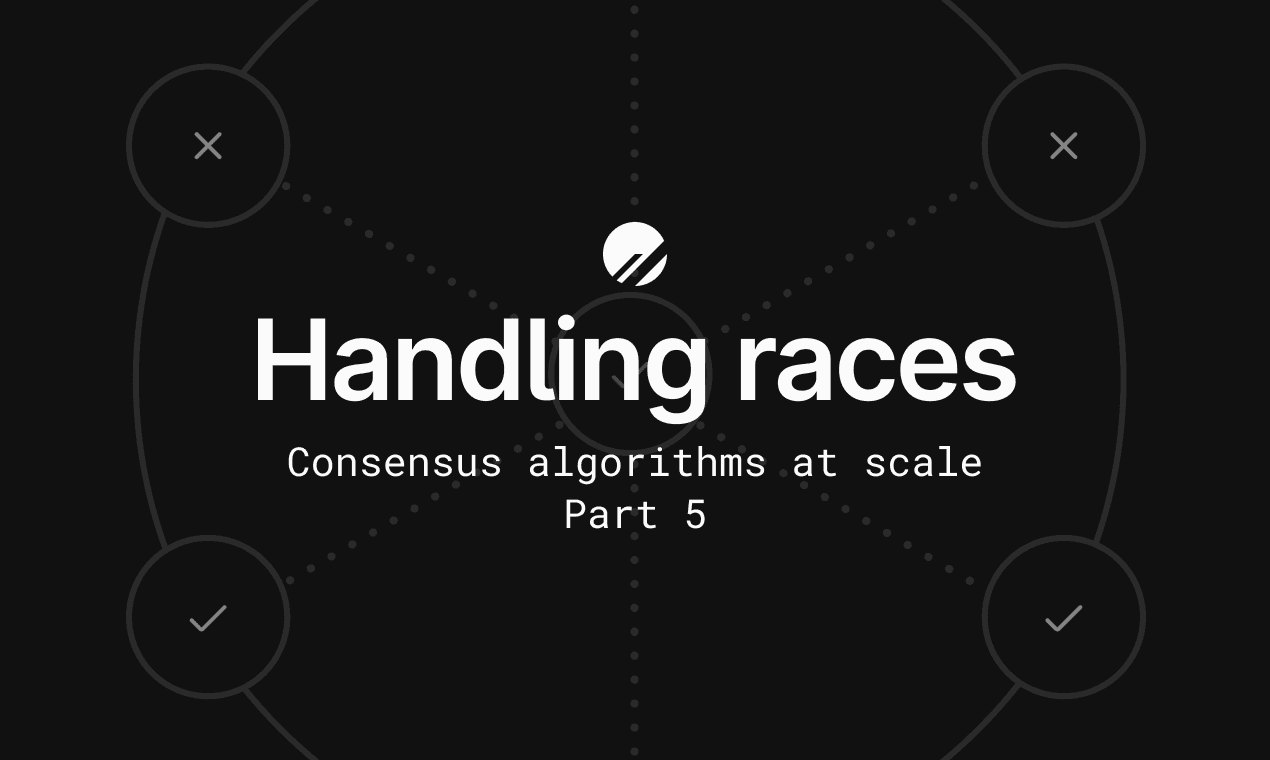
Consensus algorithms at scale: Part 5 - Handling races
In part 5 of our consensus algorithms series we discuss how we handle race conditions and forward progress requirements.

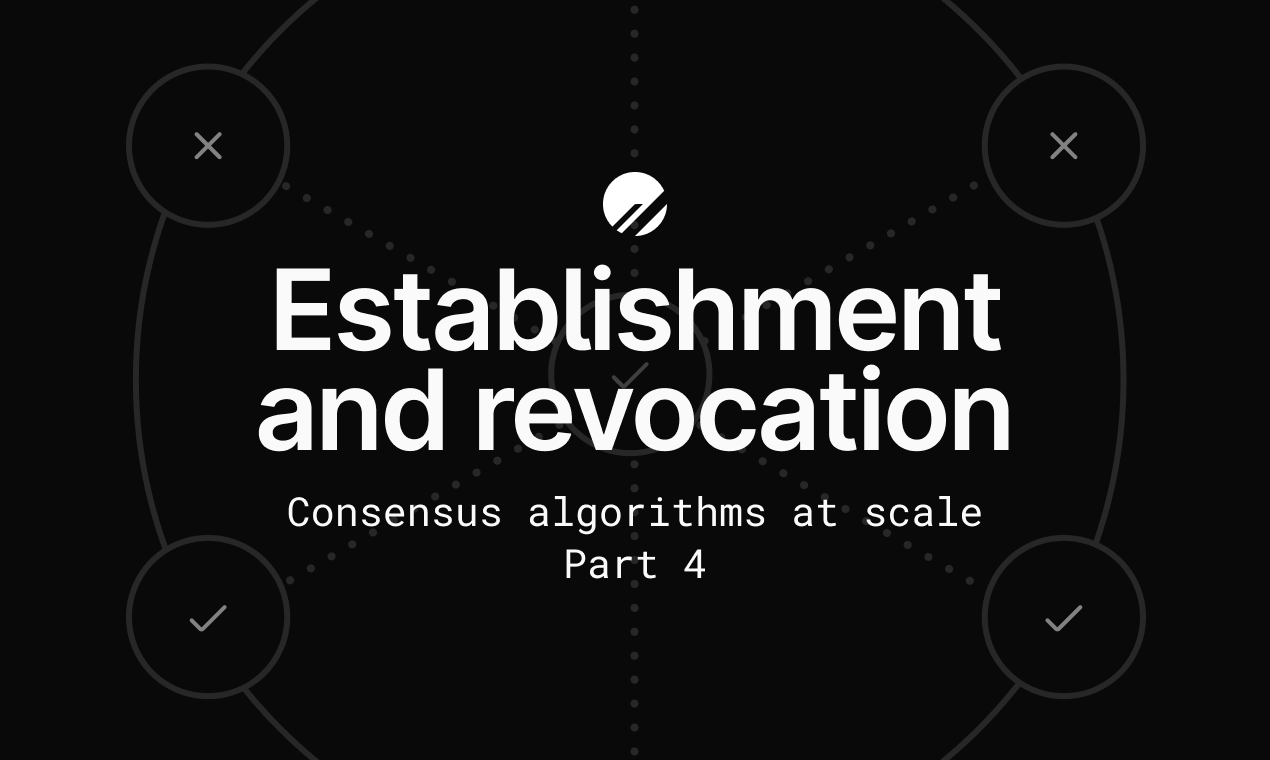
Consensus algorithms at scale: Part 4 - Establishment and revocation
In part 4 of the consensus algorithms series we look at how algorithm leaders are established and revoked.


Why we chose NanoIDs for PlanetScale’s API
Learn why PlanetScale used NanoID to generate obscure and URL friendly identifiers.

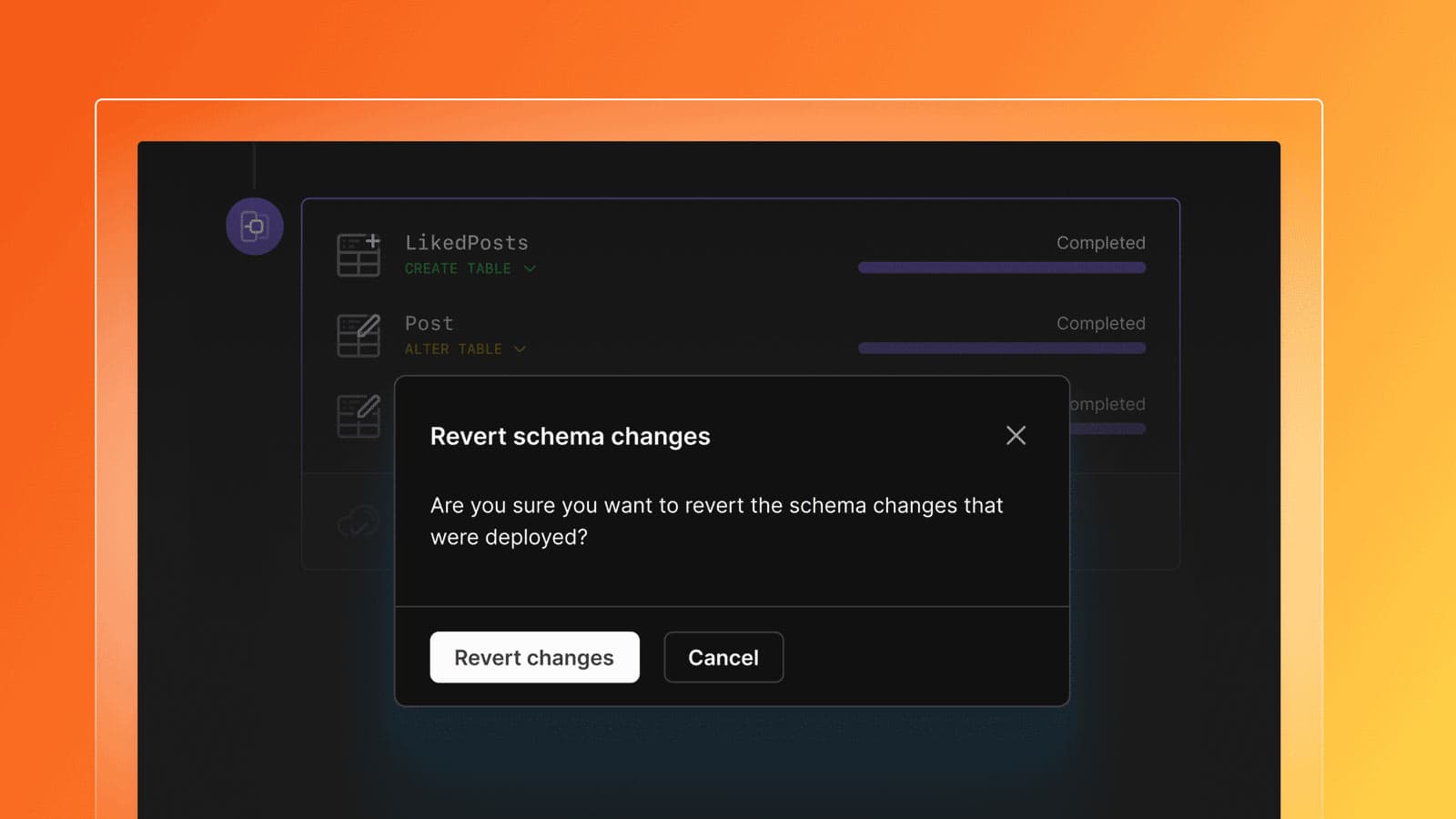
Revert a migration without losing data
Learn how PlanetScale lets you revert changes to your database after a migration with no downtime and zero data loss.


Behind the scenes: How schema reverts work
Learn how we used VReplication to allow for migration reverts with data retention.



How to Prevent SQL Injection Attacks in Node.js
Don’t let SQL injection attacks hurt your business.

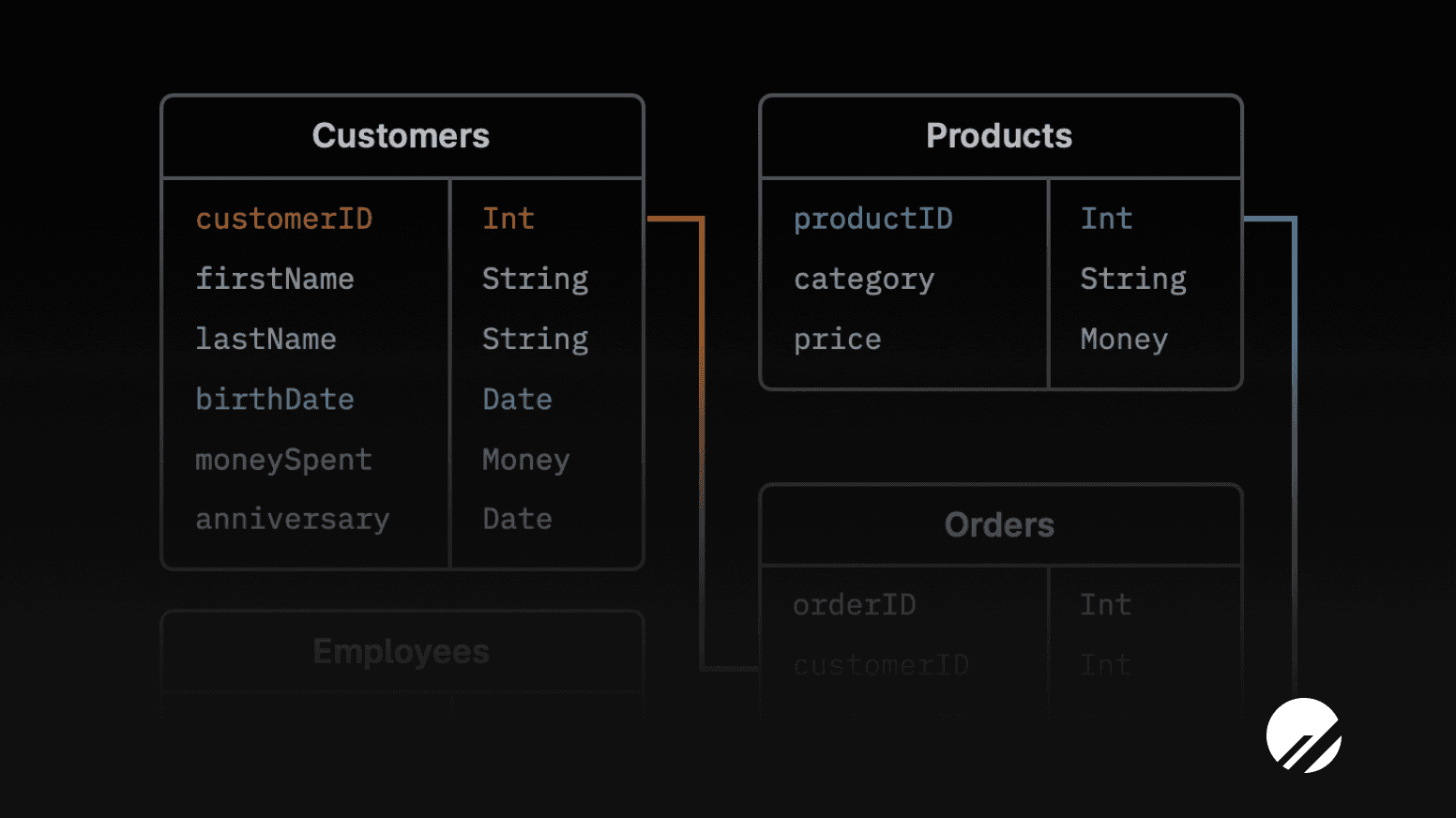
Database schema design 101 for relational databases
This database schema design guide walks you through walk through the basics of creating and designing schemas for relational databases.


Increasing PlanetScale plan limits to include billions of reads
PlanetScale’s Scaler plan includes 100 billion reads for $29/month.


Introducing Beam
We’re sharing the PlanetScale-powered communication tool we use internally.

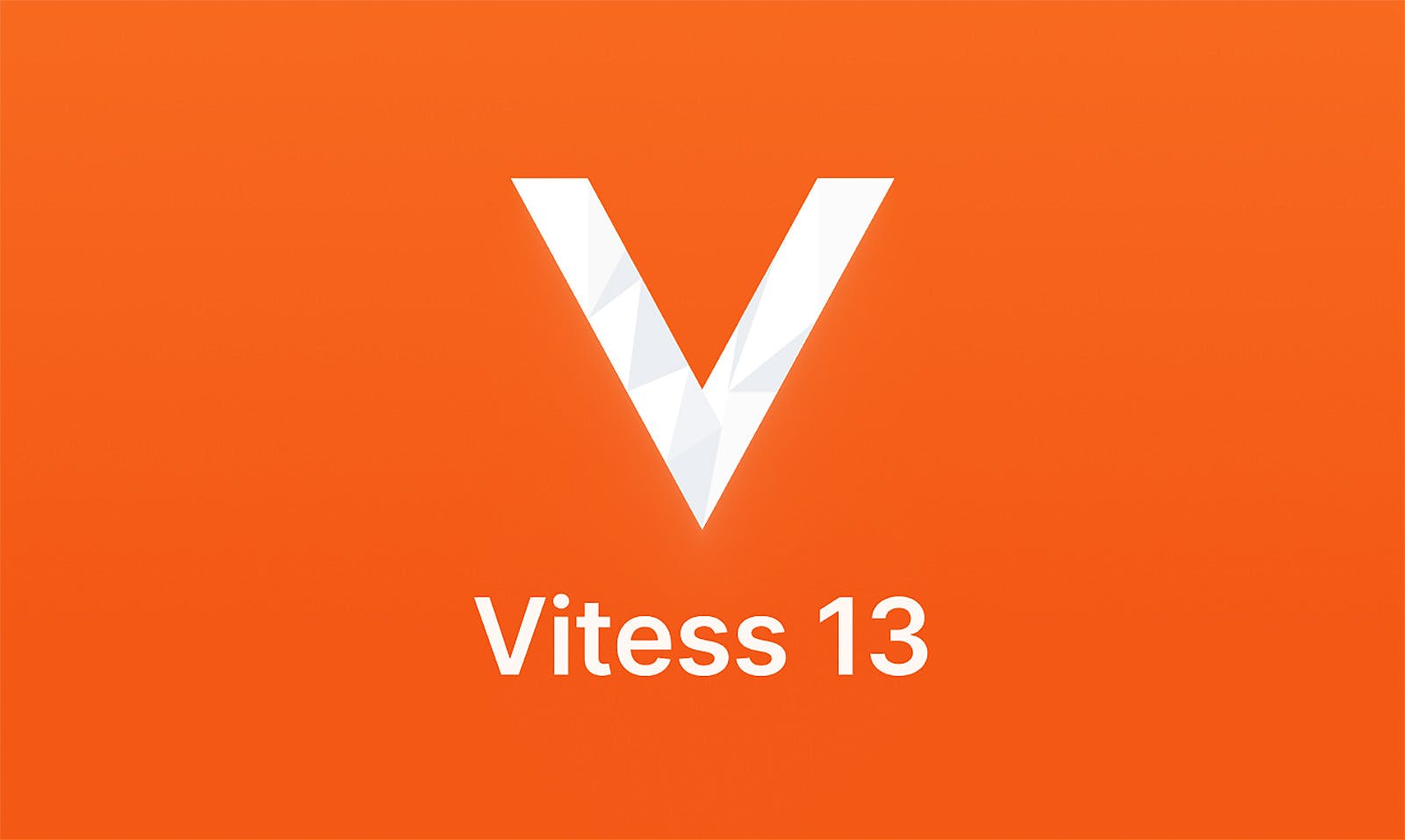
Announcing Vitess 13
Learn about the Vitess 13 release.

